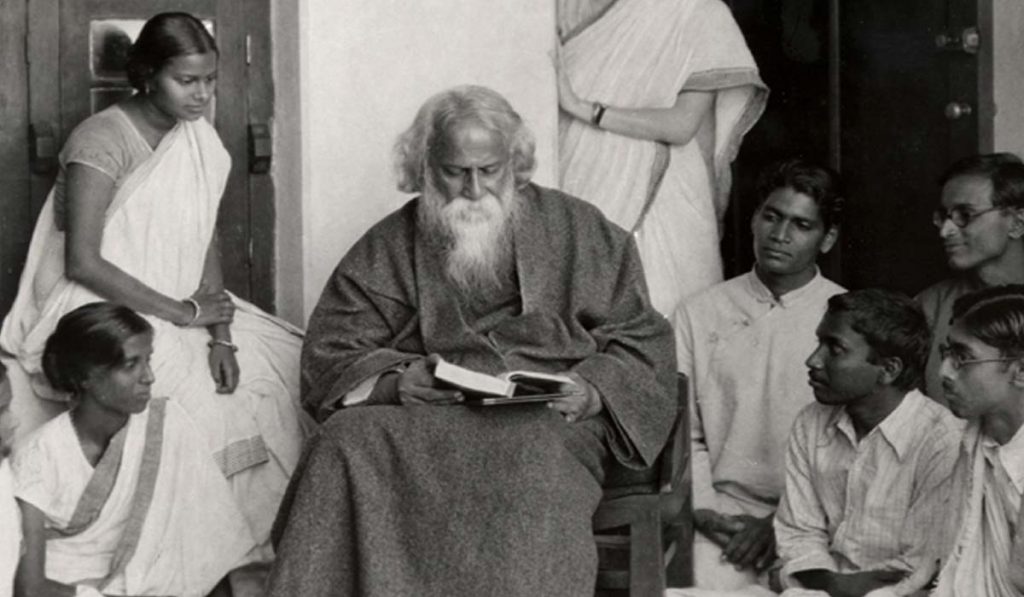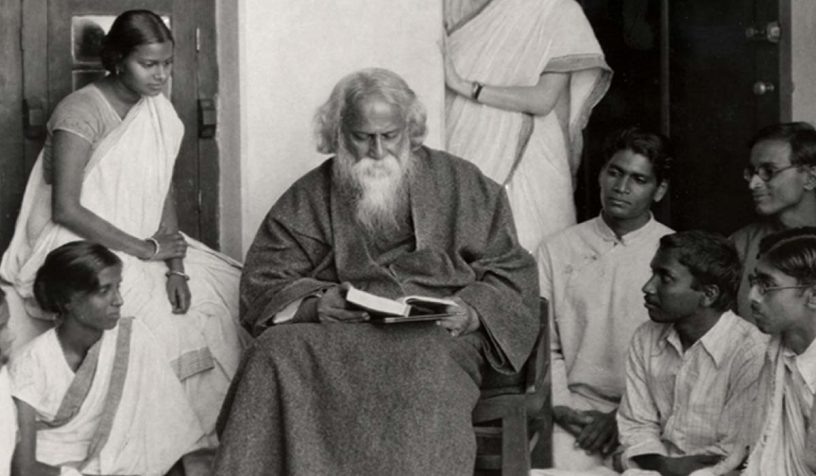
Even before territorial and political decolonization, Tagore sought to decolonize the minds of people through education reform by first setting up his own school in 1901 and then establishing Visva-Bharati University in 1921, says the author.
Author
Mousumi Mukherjee, Associate Professor, International Institute for Higher Education Research & Capacity Building (IIHEd), O.P. Jindal Global University, Sonipat, Haryana, India.
Summary
Decolonization is a historic process that picked up momentum in the second half of the 20th century, whereby several countries of the Global South in Asia, Africa, and Latin America successively gained independence from European colonial rule and became sovereign modern nation-states. However, territorial independence from an external ruling power alone could not bring an end to all the social, political, and economic problems ushered in by hundreds of years of imperialism.
This fact was realized long before independence from colonial rule by Rabindranath Tagore within the context of British colonial India. Hence, even before territorial and political decolonization, Tagore sought to decolonize the minds of people through education reform by first setting up his own school in 1901 and then establishing Visva-Bharati University in 1921.
In fact, Tagore, who is the author of the national anthems of two independent modern South Asian nation-states, never saw independent India. He died in 1941 as a British colonial subject, six years before the independence of India from colonial rule in 1947. While many indigenous intellectuals of his era adopted violent and nonviolent methods to fight against British imperialism, Tagore devoted much of his adult life to the pursuit of freedom through pedagogic reforms.
Published in: Oxford Research Encyclopedia of Education.
To read the full article, please click here.


